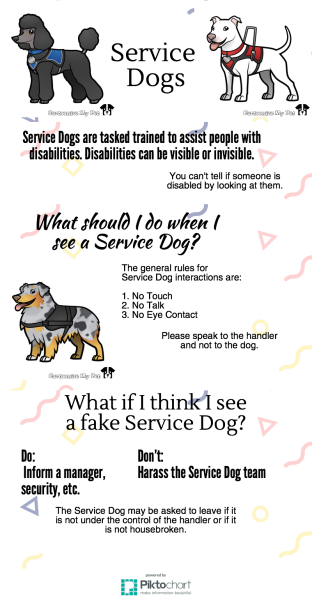Can You Tour Dog Daycare
Can You Tour Dog Daycare
Blog Article
Can Canine Daycare Cause Illness?
Pets in childcare get lots of workout, socializing with other dogs and one-of-a-kind experiences. This can be specifically valuable for puppies and pets with behavior issues.
There are numerous lawful considerations you need to consider when beginning a dog day care organization. These consist of the framework of your business and compliance with government regulations.
1. Dog Distemper
Canine distemper is spread with straight contact with the physical liquids and waste of a contaminated pet, yet it can also be transmitted through shared water and food bowls or with air-borne beads. This very contagious illness is most dangerous for puppies, but it can impact canines of any type of age and is fatal for many if left without treatment.
Preliminary signs and symptoms of canine distemper commonly resemble an acute rhinitis, consisting of drippy eyes and nose with watery or pus-like discharge. As the illness advances, a pet dog will establish fever, coughing, decreased hunger, vomiting and diarrhea. The virus can also attack the nervous system, resulting in seizures, twitching and partial or complete paralysis.
Reliable daycares reduce exposure to infection by requiring vaccinations, regular health examinations and adhere to rigorous health procedures. If your puppy seems overly tired or limping, a day of rest might assist him recuperate, however you ought to avoid taking him back to daycare till these signs improve.
2. Kennel Cough
Kennel cough, also known as transmittable canine tracheobronchitis or Bordetella, is a very transmittable viral or microbial illness that affects the respiratory system. It's generally moved with the exchange of saliva or air droplets that an unwell pet dog exhales. Social canines are at greater danger for infection because of their regular interaction with one another, such as when they play, share food or water, smell each other or just satisfy in a crowded environment like a pet park or childcare.
The most typical symptom of kennel coughing is a relentless and powerful cough that sounds like something stuck in the throat or retching. Usually, pets will certainly spend foamy white phlegm. If left untreated, a pet can establish pneumonia and be at serious threat forever.
A respectable daycare center need to have stringent cleansing and sanitation protocols, disinfect all playthings, food and water bowls routinely, and be open about their inoculation policies. Keeping your pet as much as date on their inoculations, particularly for bordetella and canine influenza, will substantially minimize their chances of contracting the ailment.
3. Parvovirus
Canine parvovirus, or parvo, is an extremely contagious viral ailment that can be harmful for young puppies and young adult pet dogs with bad body immune systems. It's most frequently spread by straight contact with polluted pet feces-- which can occur when canines smell, lick, or taste infected feces-- and indirectly from polluted people, things, or atmospheres (like kennels, brushing spaces and lawns). Pups and canines without full inoculation histories are particularly susceptible to parvo.
The infection is incredibly resistant, making it through in the environment for as much as nine years, and can conveniently be transferred in between dogs by call through feces or on footwear, clothes, and bed linens polluted with parvovirus. Otherwise treated quickly with IV fluids, electrolyte equilibrium, vomiting control drugs and prescription antibiotics to stop additional microbial infections, a dog will swiftly dehydrate and establish severe diarrhea, which brings about shock and sepsis. Parvo is hard to cure as soon as a dog has actually become ill, however with ideal veterinary treatment, many young puppies do endure this disease.
4. Pooch Flu
Pooch influenza virus is highly contagious and spreads via direct call, sharing food and water bowls, licking or nuzzling other pets, via air-borne droplets, and with contaminated surface areas. Inoculation is effective in lowering the risk of infection and break outs.
The boarding dogs majority of affected pet dogs develop a moderate respiratory system infection with a cough that lasts 1-3 weeks. They might additionally have nasal and ocular discharge, sneezing, and sleepiness. Several of the most severe cases lead to pneumonia and a high fever.
If your pet dog exhibits any of these signs, do not bring them back to childcare until they are healthy. If your canine is revealing signs of extreme tiredness or hopping, speak with your veterinarian right away and ensure they get on good health supplements to help develop their resistance. A veterinarian will examine your pet for symptoms of the flu by taking a sample from the nose or throat, and blood examinations can be done to validate.